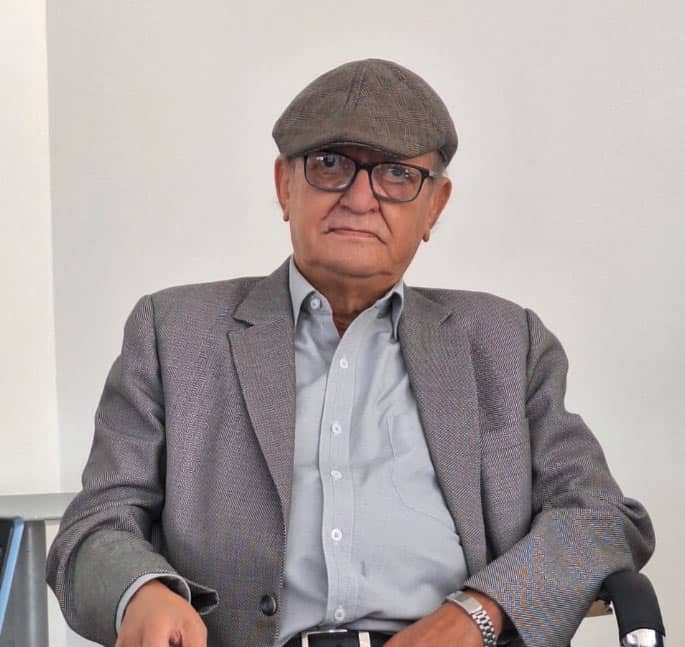“The future of humanity depends on the energy, ideas and inexhaustible contributions of youth. Let us support and accompany young people today and every day in building a fair and sustainable world for people and the planet.”.
António Guterres, UN Secretary General
As every year since 1999, August 12 is celebrated as International Youth Day, with the aim of raising awareness in society about the challenges and problems that young people face in their daily lives, as well as highlighting the need to promote public training policies that empower them and position them as agents of change.
Likewise, as every year, a motto or theme is coined to celebrate this day. For 2023 the motto was “Celebrating the ways young people are leading as agents of change for global goals“which focused on highlighting the creativity, ingenuity and resilience of young people when it comes to making the world a better place.
In addition, in this space we consider that this year it is also necessary to emphasize the vital importance of youth participation at local and national levels. Also, because it is a priority to externalize their teachings about the way they live their reality and how they act to improve their living conditions, their inclusion in the various educational, health, cultural, labor justice and political influence, participation and representation of youth, as they are a substantial part of a society that is obliged to provide them with essential conditions to develop as full people.
The above is because for years, and currently, young people face age-related barriers in various spheres of their lives. But, above all, in the issue of age discrimination, since it is a subject that must continue to be promoted in terms of health, human rights and development, given that it substantially affects this population group that, according to INEGI statistics (2022), in Mexico there are 37.7 million young people between 12 and 29 years old, representing 30% of the total inhabitants of the country.
Therefore, the immediate urgency for the coming years is to meet the objective set in 2022 by the United Nations System, which called on the Mexican government and society to "facilitate the participation of young people in the development of their societies, their communities and families and themselves... (and) to offer quality employment opportunities and to become entrepreneurs."
It is precisely this last point that is of greatest concern to young people, since being young and having an income is a common goal, despite the fact that, while some manage to work and study at the same time, the rest remain a sector that faces problems entering the labor market, sometimes with precarious employment and social security conditions or, as a last resort, working in the informal sector, whose general rate is 55.0% in the country, but among employed people between 15 and 29 years of age, it rises to 66.9%, that is, 7 out of 10 young people work informally, according to data from the National Survey of Occupation and Employment (ENOE) of the INEGI.
Furthermore, data from the Organization for Economic Cooperation and Development (OECD) reveal that the group of young people between 15 and 24 years of age is the most affected by unemployment in Mexico. More worrying is the projection of a study by the Mexican Institute for Competitiveness (IMCO) which estimates that in the next three years more than 6 million young people will be added to the population looking for a job.
In this context, it is urgent to increase investment in youth and to translate national and international commitments into concrete and tangible actions for better and higher levels of human and sustainable development, without leaving anyone behind in this age group, for which intergenerational solidarity is needed, which guarantees young people access to decision-making spaces and to occupy leadership positions at all stages of their lives.
In short, it is crucial to recognize and support the potential of young people as agents of change, providing them with opportunities to participate, listening to their voices, assessing their needs in their proper dimension, valuing their capabilities and contributions for full employability with human and entrepreneurial training, as tools for the present and for their transition stage to adult life.







